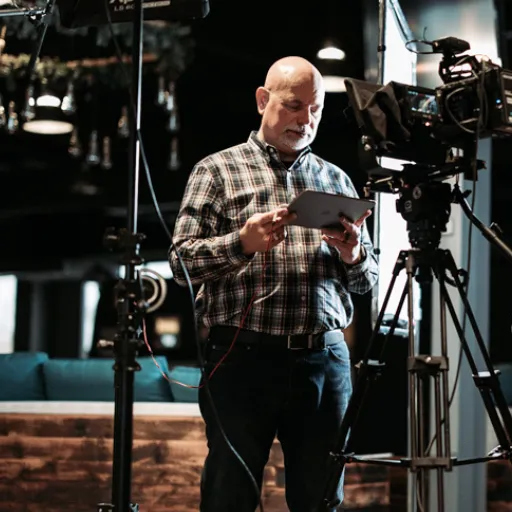The Executive Pastor is Clarity Champion!
Published on: 03/03/2026
BlogInfrastructure Leadership
This is my personal blog. I regularly write about church leadership and infrastructure development, including specifics on
leadership techniques and the details of implementing systems, processes, and methods that enable the church to succeed.




Facebook
Instagram
X
LinkedIn
Youtube